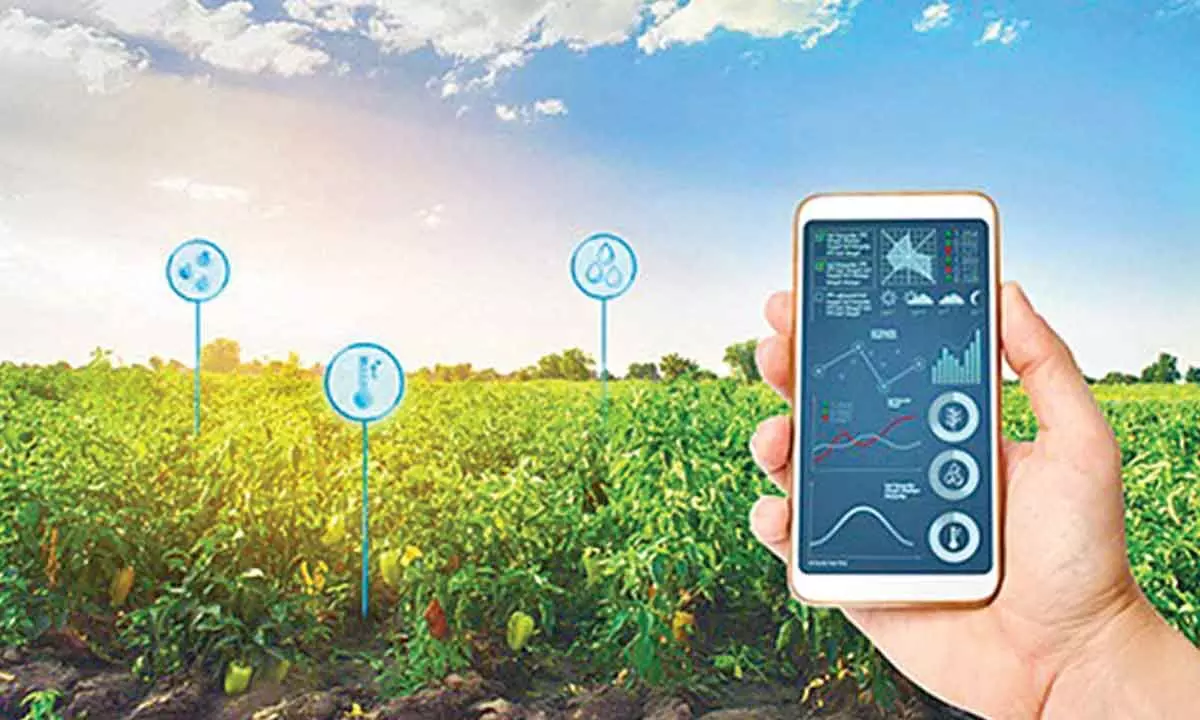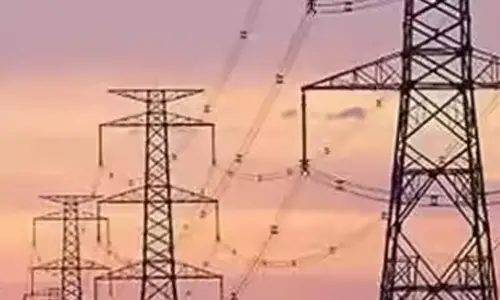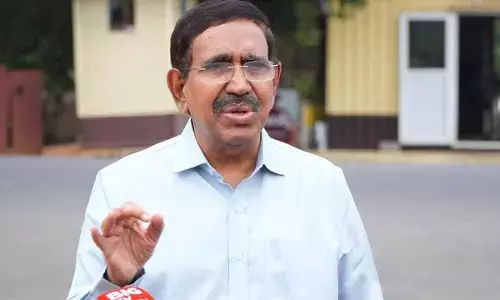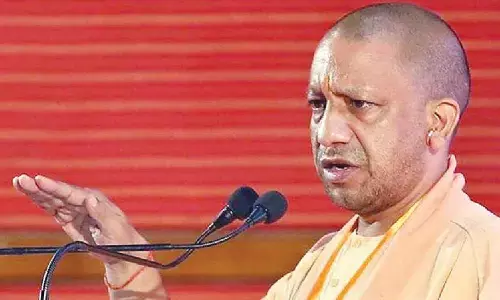Startups can break shackles of poverty

Can do it by monetizing the time and talent of rural people in multiple ways
It is a matter of pride indeed that India has become the third largest startup ecosystem in the world after the United States and China with over 65,861 recognized startups as on March 14, 2022. There are over 100 unicorns in the country, out of which 42 were created only last year. As per the Global Entrepreneurship Monitor (GEM) India Report 2021-22, India's entrepreneurial activity in 2021, with its total entrepreneurship activity rate, percentage of adults aged 18-64 who are starting or running a new business, increased to 14.4 per cent, up from 5.3 per cent in 2020.
According to the Union Ministry of Commerce and Industry, nearly 50 per cent of the recognized startups are from Tier I and Tier II cities. Recognized startups are spread across over 640 districts and reported the creation of more than seven lakh jobs. Around 700 startups in agriculture and allied sectors have also been selected under 'Innovation and Agri-Entrepreneurship Development Programme. It is a bullish situation altogether.
Agriculture is very important for our country. It is the mainstay of our rural lot.
Around 60 per cent of our population, mostly in rural areas, is dependent on agriculture for their livelihoods. It contributes around 20 per cent to the country's gross domestic product (GDP). By making the most of technologies, agriculture has been totally metamorphosed in countries like China, Israel and the US. Hybrid seeds, precision farming, big data analytics, artificial intelligence, geo tagging and satellite monitoring, mobile apps and farm management software have significantly forayed into farming in most of the advanced countries. India is also gearing up to drive agriculture digitally to increase productivity and farm incomes. Given the small size of land holdings of almost 90 per cent of farmers, they need every possible boost to have surplus income which they can invest in their children's health and education.
There are three critical segments – rural areas, agriculture and self-help groups (SHGs) – where startups can involve themselves aggressively. They are entwined to each other in more ways than one. A chunk of the rural population is socially, educationally and economically deprived. An overwhelming percentage of farm labourers are from weaker sections of society consisting of SCs, STs, OBCs and minority community people. Startups can play an important role in empowering them financially. Due to multifaceted constraints, most of them are not able to get out of the vicious circle of poverty. One after another generation, they continue to struggle to meet their both ends. It is a painful situation and also a serious stumbling block in our collective pursuits to achieve the goal of inclusive and sustainable development. The problem of disparities arises out of people's inabilities in making the most of national resources and opportunities, and these inabilities cause perpetual socio-economic deficiencies and inadequacies, making life difficult for the poor.
Startups can break the shackles of poverty by monetizing the time and talent of rural people in multiple ways. The challenge is how to engage them into gainful activities. They have a whole lot of time to be utilized after completing their routine daily chores. Billions of hours of small farmers and farm workers are lost every day in our country for want of any other engagement for them. They will get a critical financial boost even if 25 per cent of these hours are fully utilized. Every village or a cluster of villages offers a plethora of opportunities for startups if they agree or they are encouraged and incentivised to work in rural areas.
Rural development is directly linked to the country's agro economy, but one needs to understand the fact that well-off farmers in villages are altogether a different social group. Each of them dominates the rural ethos and value system. There is no comparison between them and the small holders and farm labourers. The socio-economic gap among them is perennial, which needs to be bridged at the earliest.
Similarly, self-help groups (SHGs) must be encouraged and guided to expand their operations and market reach to get better prices of their products. It is another area, which offers unlimited opportunities for start-ups. As of now, over 75 lakh SHGs have been formed across the country under the Deendayal Antyodaya Yojana – National Rural Livelihoods Mission (DAY-NRLM), a flagship programme of the Ministry of Rural Development.
Since an overwhelming percentage of them are from weaker sections of society, their financial empowerment means a lot. More income means slightly better education and food for their children, which will be an important boost to their holistic betterment. Thus, their handholding will be a win-win situation for startups and SHGs. In 250 backward districts, all women SHGs are eligible for bank loans up to Rs 3 lakh at an annual interest rate of seven per cent. An additional interest subvention of three per cent per annum is provided to them, reducing the effective rate of interest to four per cent. If startups come forward to help them, our SHGs will undergo a total metamorphosis in more ways than one.
Luckily, most Indian states are working hard to promote the startup ecosystem. As per the results of the third edition of Ranking of States on Support to Startup Ecosystems, Gujarat and Karnataka were adjudged as the best performers. For the purpose of the ranking, States and Union Territories were classified into five categories, namely, Best Performers, Top Performers, Leaders, Aspiring Leaders and Emerging Start-up Ecosystems. The participants were evaluated across seven broad reform areas consisting of 26 action points ranging from institutional support, fostering innovation and entrepreneurship, access to market, incubation support, funding support, mentorship support to capacity building of enablers. Meghalaya won the top honour among UTs and North-eastern (NE) States. Maharashtra, which was classified in the 'Leaders' category in the 2020 Rankings, has improved its position and felicitated as a 'Top Performer' State along with Telangana, Kerala and Odisha.
Let's focus on developing the startup ecosystem in blocks, subdivisions and districts with the help of all the startup-related schemes of the central and the state governments. There is a great opportunity to democratise the startup ecosystem. The government initiatives such as JAM or Jandhan, Aadhaar, Mobile, Digital India, GatiShakti, and Ease of Doing Business are driving the startup ecosystem. They should be directed towards rural India, the goldmine of opportunities and possibilities. Every stakeholder should come forward to bridge the urban-rural divide. A beginning must be made sooner the better. The governments – Central or State – will continue to do their bit but others cannot, and should not, turn a blind eye to our villages. People living in far-flung villages are simple, straight and meaningful. They adjust against every hardship to stand afloat but that does not mean that other stakeholders will not join hands with them and help them meet their aspirations in new India!
(The writer is a senior journalist, author and columnist. The views expressed are strictly
his person)










